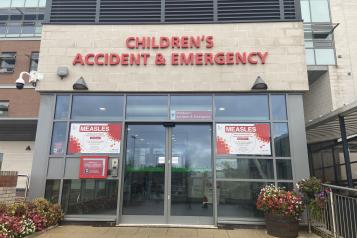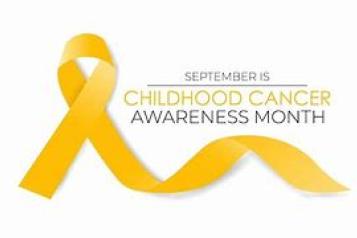Parents urged to keep children safe from measles outbreak
Anyone who suspects they or their child has measles should call their GP surgery or NHS 111 first before turning up at a healthcare setting such as a GP practice, urgent treatment centre or accident and emergency department, to help stop the spread of the virus.
9 out of 10 unvaccinated children can catch measles if just 1 child in their class has the disease. With the R rate for measles 15. Meaning 1 person with measles would infect 15 others.
Complications of measles
Measles usually starts with cold-like symptoms, followed by a raised, blotchy rash a few days later. Some people may also get small spots inside their mouth.
Measles can lead to serious problems if it spreads to other parts of the body, such as the lungs or brain.
One in five people with measles will go to the hospital.
Problems that can be caused by measles include:
- pneumonia
- meningitis
- blindness
- seizures (fits)
These problems are rare, but some people are more at risk. This includes babies and people with weakened immune systems.
Read the open letter to parents from Alder Hey Children's Hospital
Measles in pregnancy
If you get measles when you're pregnant, it could harm your baby. Potentially causing miscarriage, stillbirth or a premature birth. Vaccinating children helps to protect mothers and unborn babies.
How can I protect my child from measles?
The MMR vaccination is the safest and best defence against measles.
This vaccine has been available for many years and is proven to be safe. Two doses of the MMR vaccine will give lifelong protection against measles, mumps and rubella.
The vaccination is free and easily available from your GP at any age. For children, the first dose of the vaccine is typically given at 12 months of age, and the second at around three years and four months.
Has your child or young person missed a vaccination?
If you’re not sure, check with your GP or use the NHS App. It’s never too late to catch up. Your GP or local school nursing team will be able to help your child catch up on any missed vaccinations.


